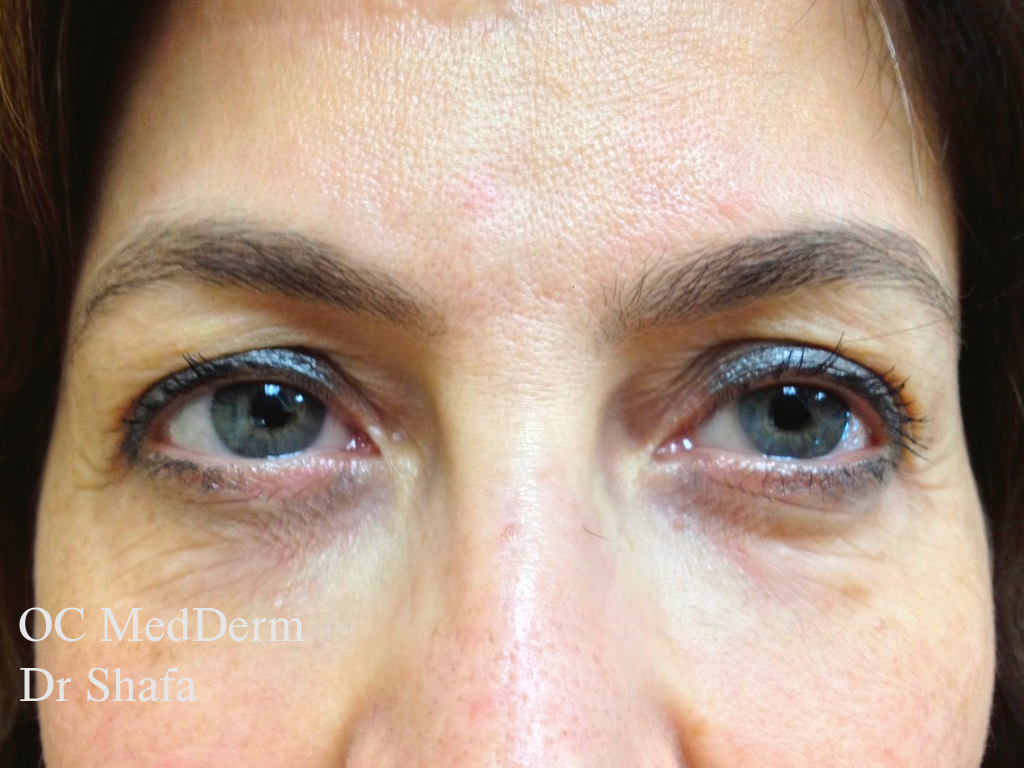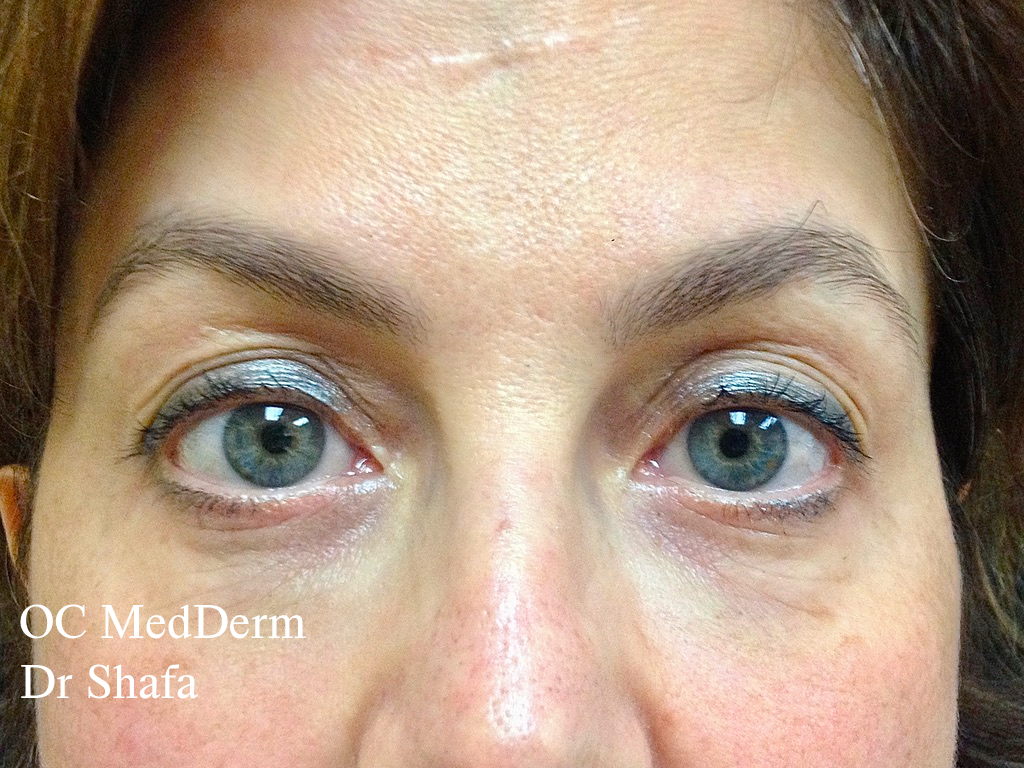Dr.Omeed Ahadiat | August 22, 2022
One of the most common questions I get from younger patients and friends interested in skin care is: “when should I start getting botox?”
There is no evidence based answer for this question but there is an answer that makes sense to me from a scientific and common sense standpoint. Wrinkles on the skin develop due to a variety of known causes. These causes include increased age, ultraviolet light exposure, smoking, and the thing that is relevant to our discussion is REPEATED FACIAL EXPRESSIONS. There is no scientific evidence proving that botox decreases actual aging, but it is a well-established fact that botox does inhibit or limit facial muscles that are treated and as a result decreases these repeated facial expressions.
You can directly find us
I think the answer to our original question now becomes more clear. We make facial expressions all the time therefore getting botox starting now will help prevent wrinkles in the future. That being said there are numerous things to keep in mind prior to getting botox and it is very important to be evaluated by a board certified dermatologist prior to considering starting botox.


So the next logical follow-up question is: “Is repeated botox administration safe in the long-term?”
There are several short-term side effects that I won’t discuss here. Many of these short term side effects can be avoided or minimized when having these treatments performed by a board certified dermatologist.
In regards to long-term side effects, there have not been any well-established adverse long term effects with repeated botox administration. One potential long term risk is that your immune system makes antibodies against the botulinum toxin, which results in the botox not working anymore because the antibodies neutralize the toxin once injected. This is not common, it is not dangerous, and if it does occur, there are different types of botox that can be used to provide the desired cosmetic effect you’re looking for. Long term botox use has also been shown to cause muscle atrophy. This makes sense even at a non-scientific level, as the less one uses certain muscles the smaller the muscles will become. This may even be beneficial in the long term because weaker muscles will contract less strongly and as a result cause less wrinkles. Other than that there hasn’t been much literature on long term side effects. We can’t say no long term effects exist, but all we can conclude is that through the many years botox has been used on humans, no clear, established long term adverse effects have been identified.
There was one interesting study published originally in 2006 and then followed up again 2014 on two identical twins that were followed for 13 years. One of the twins received botox 2 to 3 times per year while the other did not. The study concluded that the twin who received botox regularly had less visible wrinkles at rest compared to the identical twin who didn’t. Similar results were noted at the 6 year follow up study. No long term adverse events were reported in that study. This is just a brief discussion but I hope it helped clear some questions for people interested in botox.
Send us a message or give us a call at